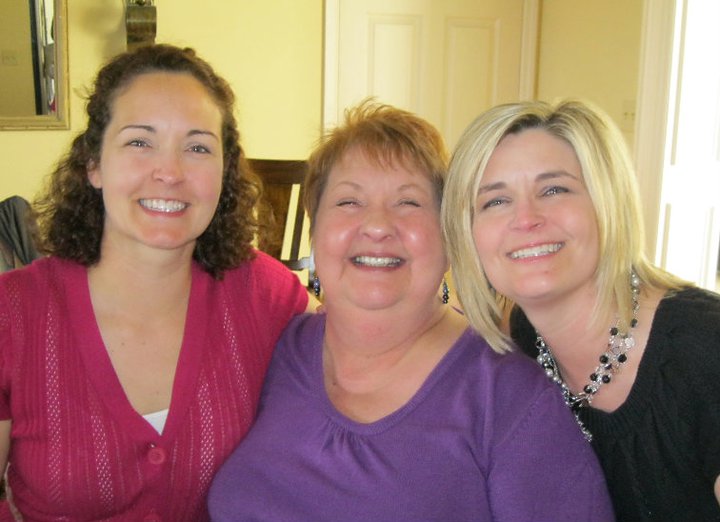
One of the hardest parts of having an aging plan, other than creating it, is discussing it with loved ones. Unfortunately, our society has created an unspoken taboo when it comes to openly discussing anything that might be construed as connected to death.
So many see aging as a negative thing and link it directly to death. Challenging this mindset is a must and allows you the freedom to live the second half of life full-steam ahead.
It is healthy and vital to discuss matters related to aging and your life as well as the details of your estate plan with your loved ones. And as an adult child, the question is how do I bring up the subject with my parents?
The key is to make this conversation just as every day as any other conversation and is often received much better when your parents are on the younger side of older.
Ultimately the goal is to focus on your parents’ wishes and legacy. When it is clear that your intentions are to honor and respect your parents, the message will be well received.

Conversation starters can help get the ball rolling.
You can focus on one of them and see where the conversation goes. Odds are they have been thinking about the subject and may have been unsure themselves how to bring it up.
- Ask them if they have considered whether they would want to downsize, age in place in their current home, or if they would prefer being with a relative or in a retirement community.
- Inquire if they have thought about ways they may need to prepare their home to age in place.
- Discuss any issues with their health and if there have been any changes that have affected things at home.
- You can bring up a friend’s experience and how planning or lack thereof affected the situation.
- Consider your own wishes for aging in place and share them with your parents. Ask them what they think and what they would want for themselves.
- If parents show that they are uncomfortable with the topic, respect that fact and avoid pushing the issue. Just let them know that you are available to discuss things if and when they are ready.
End of life wishes are also important.
If your parents are able to discuss their needs easily, you may also want to consider their end-of-life wishes as well. It is incredibly easier to address the issue when there is no sickness or crisis. This Reader’s Digest article does an excellent job of really going in-depth with end-of-life planning, including many of the details that you might not consider such as the impact of oversharing, thinking creatively about your plans, or ways to build your legacy.
The last thing you want is to be in a position where it is too late to have a discussion and implement strategies that would have lessened the burden on family members.

